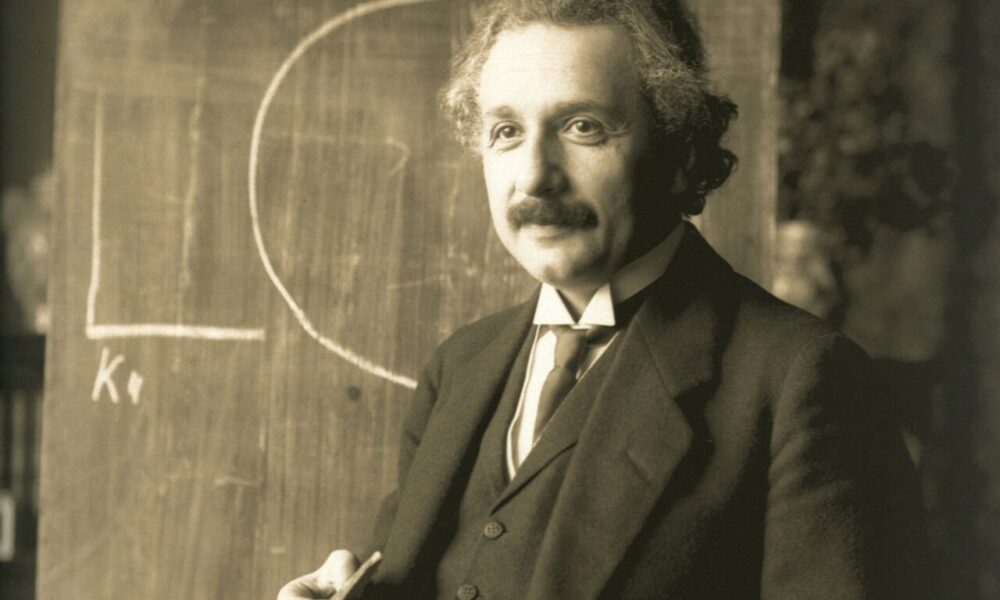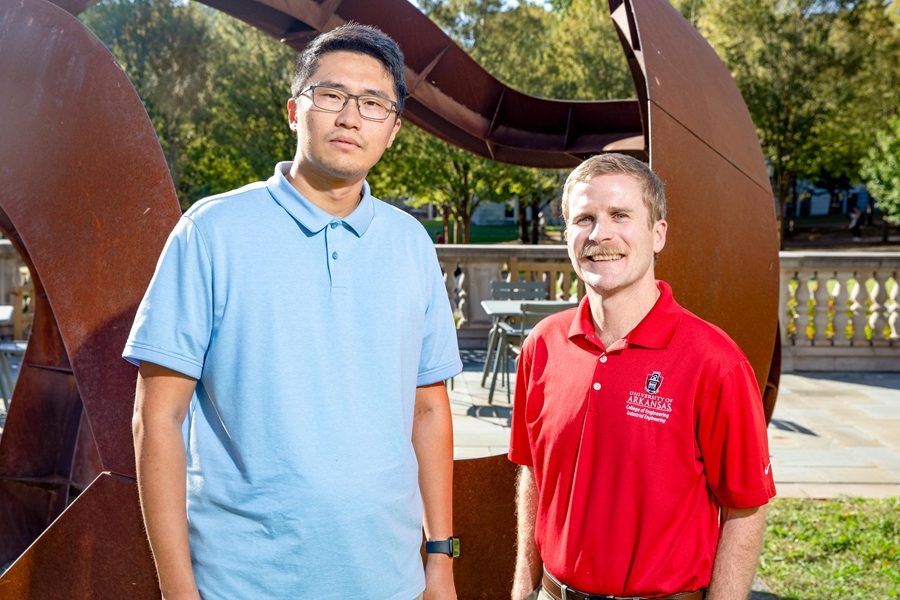Albert Einstein is widely regarded as one of the most influential physicists in history, credited with groundbreaking theories that reshaped our understanding of the universe. Yet, despite his remarkable contributions, Einstein occasionally missed the mark, leading to significant discussions within the scientific community. Examining these instances not only highlights his human side but also demonstrates how his misjudgments ultimately contributed to advancements in physics.
Gravitational Waves: A Miscalculation
In 1916, Einstein published his general theory of relativity, predicting the existence of gravitational waves, ripples in spacetime that would travel across the universe. Initially, he acknowledged the potential of these waves, but by 1936, he had doubts about their existence. In correspondence with physicist Max Born, Einstein stated, “I arrived at the interesting result that gravitational waves do not exist.” He believed that his calculations were incomplete and that the waves would be too weak to detect.
It wasn’t until 2015 that the LIGO Collaboration confirmed the existence of gravitational waves, validating Einstein’s initial prediction. His later skepticism serves as a reminder of how even the most brilliant minds can underestimate their own theories.
Quantum Entanglement: A Matter of Doubt
Einstein’s complex relationship with quantum mechanics is well-documented. He was not dismissive of quantum phenomena; rather, he believed the theories explaining them were incomplete. His concerns were particularly focused on quantum entanglement, where two particles become linked, allowing the state of one to predict the state of the other, regardless of distance.
In a seminal 1935 paper co-authored with Nathan Rosen and Boris Podolsky, known as the EPR Paradox, Einstein questioned the validity of entanglement. He argued that “elements of the physical reality” should be confirmed by experimental measurements. While contemporary research has provided evidence supporting entanglement, Einstein’s original questions about its foundations continue to resonate.
Unified Field Theory: An Unfulfilled Vision
Throughout his later years, Einstein sought a unified field theory to consolidate all forces of nature, particularly gravity and electromagnetism, without relying on quantum mechanics. He expressed his frustration in a 1954 letter, humorously referring to himself as an “ostrich” avoiding the complexities of quantum theory.
Despite his efforts, Einstein’s unified theory never materialized. Nevertheless, his pursuit established the quest for unification as a critical objective in physics, often dubbed the “holy grail” of the discipline, according to the American Physical Society.
The Static Universe: A Shift in Perspective
Einstein once believed in a static universe and introduced a “cosmological constant” to support this view, suggesting a repulsive force balancing gravitational attraction. However, this notion was later challenged by observations of an expanding universe, which gained traction after Einstein’s lifetime. Ironically, after discarding the cosmological constant as an arbitrary element, it was revived in the 1990s as a concept known as dark energy, fundamentally reshaping cosmology.
Black Holes: A Rejection of Possibility
Einstein’s views on black holes illustrate a significant misalignment with later discoveries. While general relativity implied the existence of black holes, he rejected the concept outright in 1939, asserting that they were incompatible with established physics. He expressed concern that singularities would undermine the mathematical structures of his theories, referring to them as an “unimaginable misfortune” for theoretical physics.
Despite his initial rejection, modern advancements in observational technology, such as the Event Horizon Telescope, have validated the existence of black holes. This raises questions about how Einstein might have reacted to contemporary evidence.
“God Does Not Play Dice”: A Philosophical Stance
Einstein’s famous assertion that “God does not play dice” encapsulates his aversion to randomness in physical models. His skepticism regarding quantum mechanics stemmed from a belief that the universe operated according to more profound, deterministic principles that humanity had yet to uncover.
While Einstein’s foundational work in general relativity has stood the test of time, his critiques of quantum mechanics have sparked ongoing debates about the nature of reality and determinism in physics. According to historian John D. Norton, Einstein’s insistence on pursuing a coherent theory contributed to a rich tapestry of discussions that continue to influence modern physics.
In summary, Einstein’s occasional misjudgments reveal the complexities of scientific inquiry. His willingness to question emerging theories, even those he had a hand in creating, fostered a culture of critical thinking and debate in physics. The legacy of these discussions remains significant as the scientific community continues to explore the mysteries of the universe.







